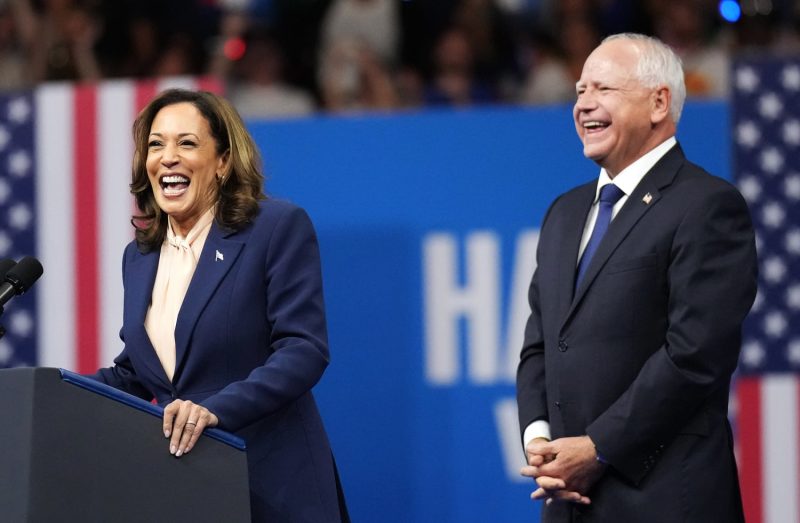When it comes to political endorsements, it’s not uncommon for unions to lend their voices to candidates who they believe best represent their interests. This is exactly what some local Teamsters groups chose to do when they announced their endorsement for Kamala Harris, despite the national union declining to do so.
For those who are unfamiliar with the structure of unions, it’s important to note that they aren’t always a monolithic entity. Instead, they are often divided into regional or local groups, each of which can make its own decisions about which politicians to endorse. In this situation, there were several local Teamsters groups who felt strongly enough about Harris’s campaign that they chose to publicly endorse her.
The Teamsters, a union representing 1.4 million members in a range of industries across North America, are a significant force in the labor and political world. In many ways, their endorsement is an opportunity for the endorsed candidate to tap into their member base for votes, fundraising, and volunteer efforts. However, the national Teamsters union decided to abstain from endorsing any candidate during the primary campaign.
In contrast, a number local Teamsters groups refused to follow suit. These groups felt that Kamala Harris, with her focused efforts on issues important to working people like labor rights, better wages, and affordable healthcare, was a candidate well worth endorsing.
One of the most notable of these endorsements came from California Teamsters Joint Council 7, representing 100,000 Teamsters across Northern California, the Central Valley, and Northern Nevada. Another key endorsement came from Teamsters Local 396, a group that represents sanitation and public sector workers in Southern California.
While the national union’s decision to not endorse was seen as a surprise by some – particularly given the potential influence of the union in the upcoming election – these local groups were undeterred. They believed that Harris’s record of advocacy for workers and her proposals for labor rights – including a $15 minimum wage and strengthened rights for unions – would resonate with their members.
Explaining their decision, the presidents of Joint Council 7 and Local 396 wrote in a statement, We believe that Kamala Harris is the candidate who will best serve the interests of Teamsters in California. Her commitment to our cause and her record of delivering for working people throughout her career make her the clear choice in this election.
In essence, the choice of these local Teamsters groups to endorse Harris after the national union declined to do so, underscores a significant point about union politics. Regional groups, often more in tune with the needs and desires of their specific members, can and do act independently from their parent organization when they believe it’s in the best interest of their members.
These endorsements of Kamala Harris by local Teamsters groups demonstrate the importance of grassroots support and the power that local unions can wield, even when their national counterparts choose a different path. This case serves as an intriguing insight into the internal dynamics of large unions and the key role they can play in politics.




